Born in Leipzig, Yves Schulz always had a dream of developing new ideas, bringing creative people together, and creating a flexible work environment. His job as an IT manager took him to Austria and few years later, after having read an article about coworking spaces in Berlin, he decided to create something similar in Vienna: sektor5.Inside a hidden courtyard within the fifth district of the Austrian capital, there is a 600 square meter vast loft. A very cozy living atmosphere is created with a colorful mix of vintage furniture that simultaneously possesses an inspiring, liberal dynamic. Whoever is afraid of being in close contact with others is definitely in the wrong place here. Open-minded co-workers not only share the space which includes a kitchen and terrace, they also collaborate together, exchanging ideas and thoughts.We met Yves in his Austrian centric, thriving coworking space, sektor5. Here, we talked about the initial difficulties in establishing such a space and how essentially, he has been able to create and foster a new form of community. It is a dream come true for Yves, who feels free to do whatever he wishes in this role that brings like minded people together.
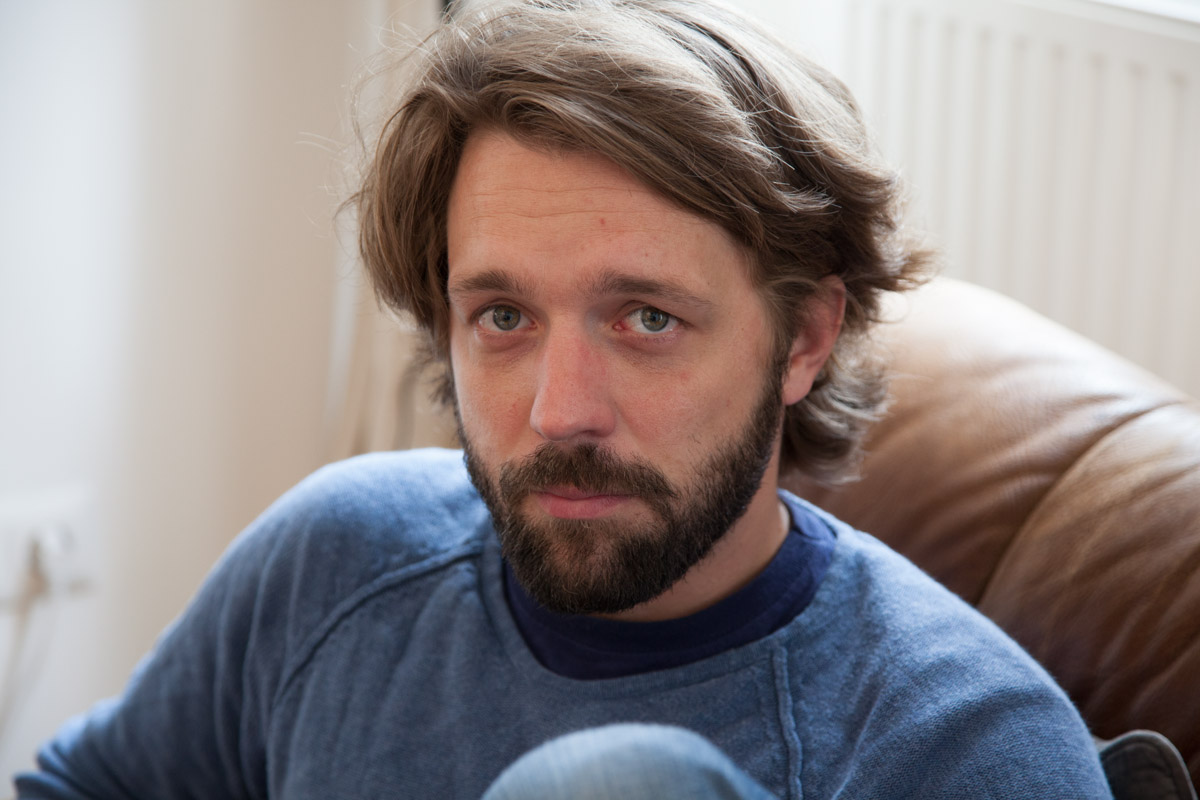
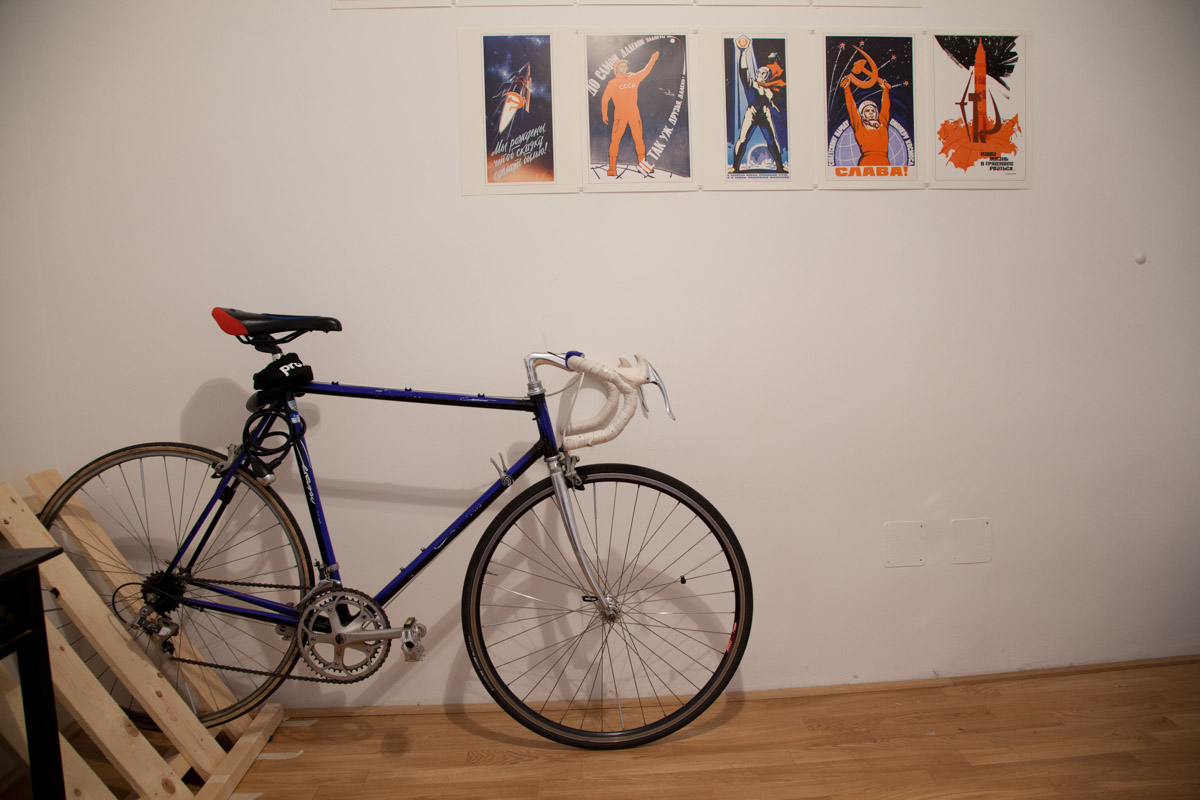
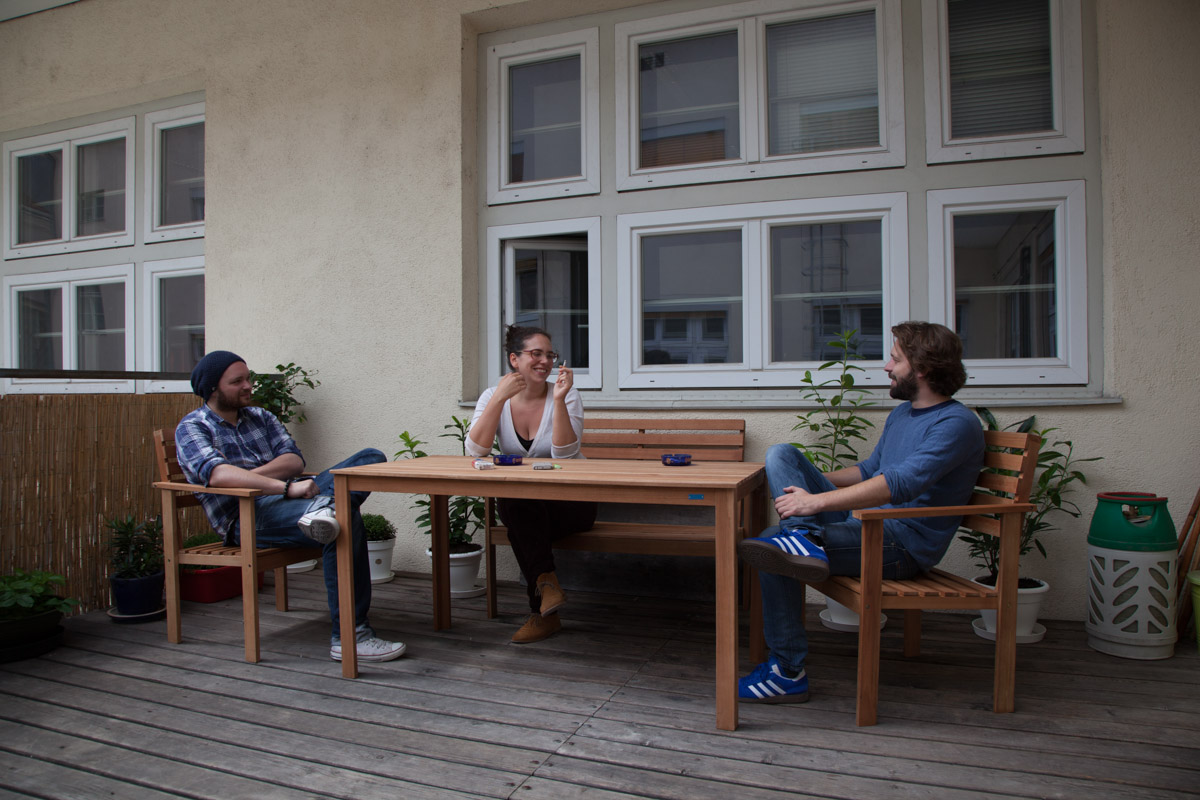
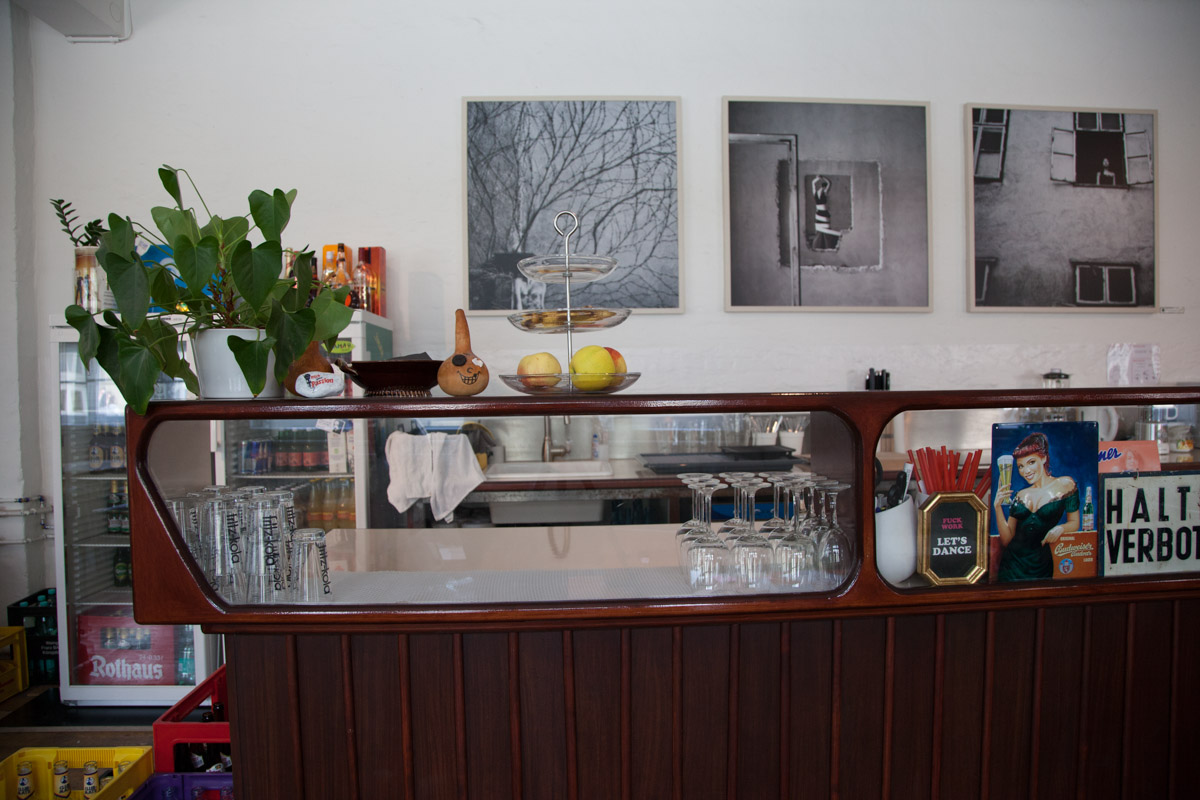
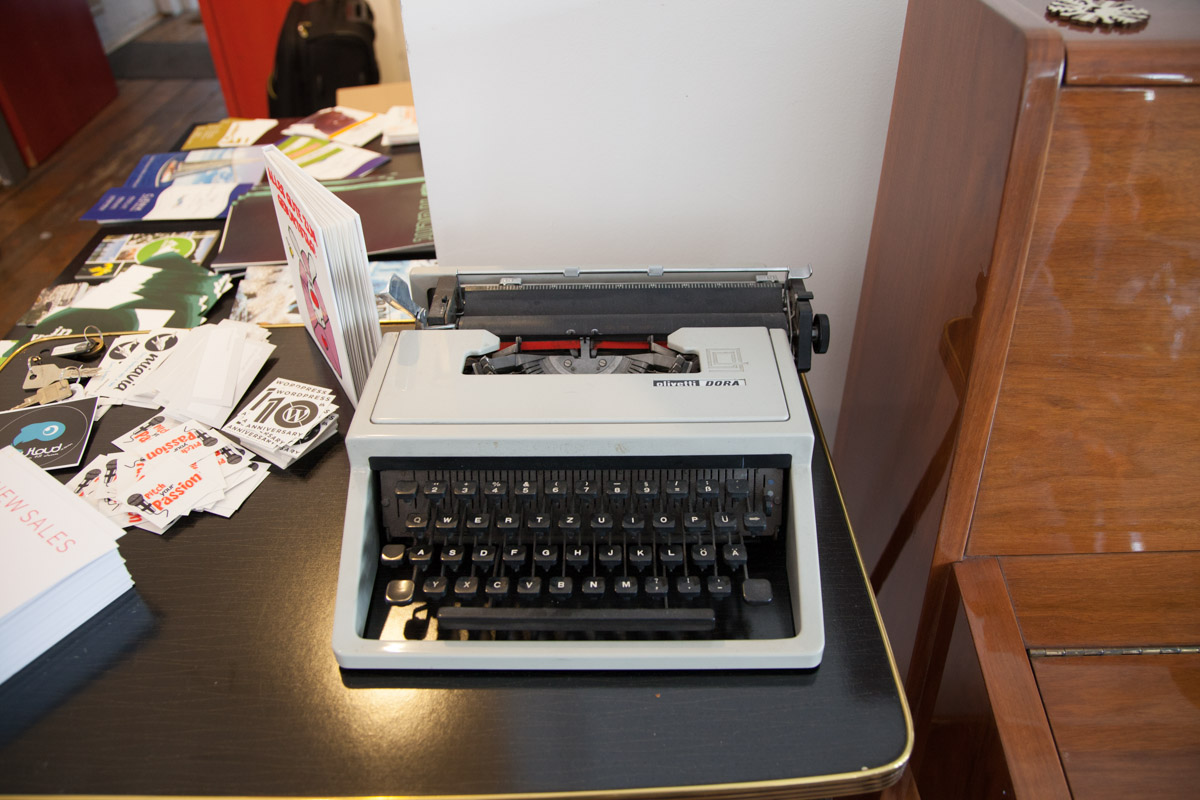
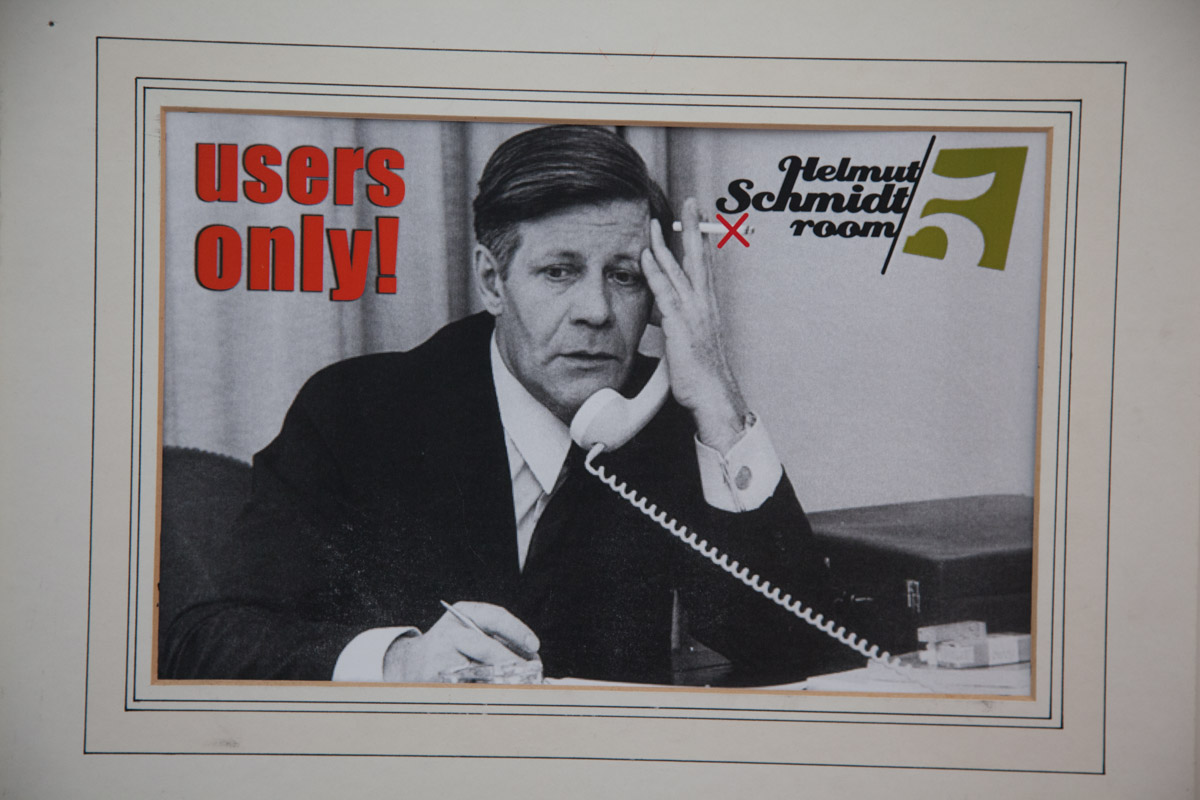
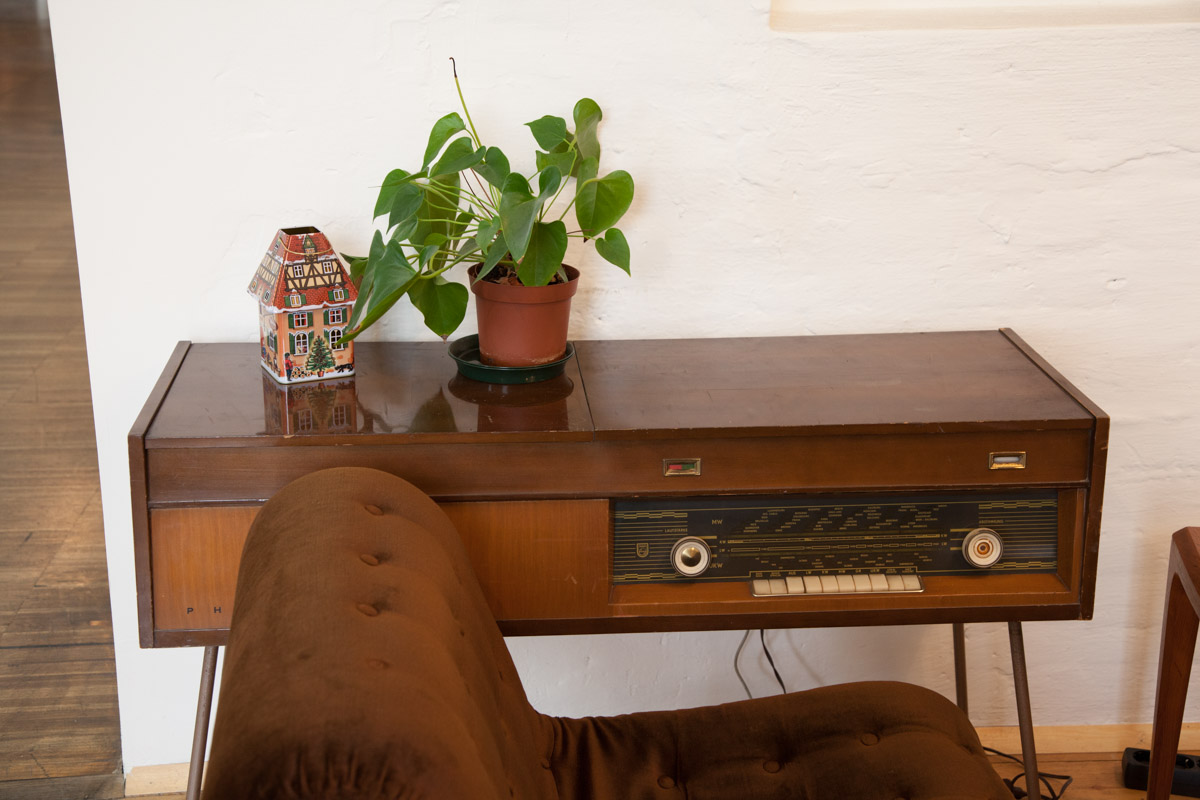
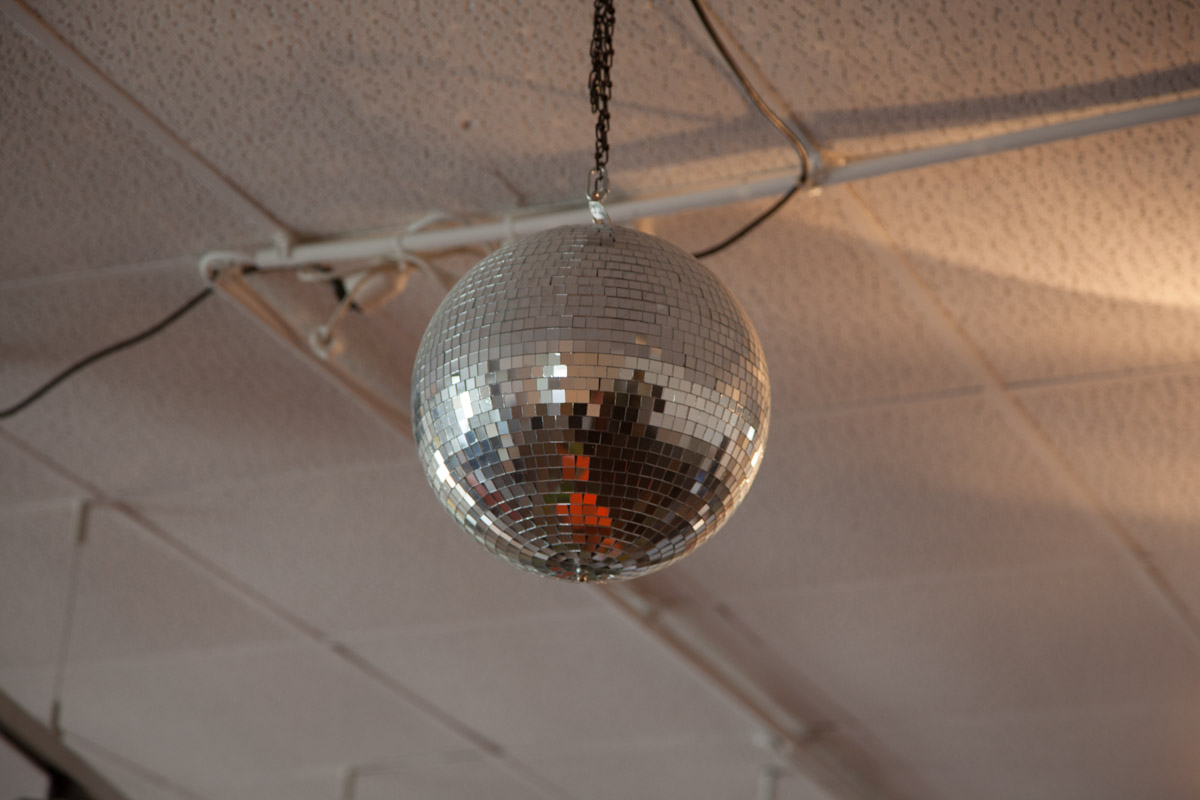
Why did you decide to open up a coworking space?
Many years ago I worked as an IT-Manager for a corporation. As the years went by, I realized that it was not right for me. Around that time I read an article about the new working world which mainly discussed coworking spaces like betahaus in Berlin. I decided to research further and realized that I wanted to create something similar. It was one of the best decisions of my life.
And why Vienna?
Graz was too small a city. It already existed in Germany, and as I came to Austria, I decided to establish it here.
You are not originally from Austria?
No, I am originally from Leipzig. I moved for my former job as an IT-Manager for an American corporation to Austria in 2004 and lived in Graz until 2010.
How does sektor5 work?
We have daily, weekly, or monthly tickets with which self-employed individuals can rent a space that is flexible and very cheap. We provide them with the necessary infrastructure. For instance: tables, chairs, and internet, etc. Everybody has to bring their own laptop though. There is no minimum term of lease and there is the possibility to move out from one month to the next. This place is the main emphasis, but the sense of community is most important.
The people who work here know and inspire each other. Many people collaborate together on projects now. Whoever works here, mustn’t be afraid of human contact. If one freaks out about someone looking at their screen, then this is definitely not the right place for them!
In the very beginning of this did you exchange ideas with other coworking spaces?
Yes, we very much profited from betahaus‘ knowledge. They helped us to not make the same mistakes they did. Nowadays we actively exchange ideas about different projects and organize events together. Berliners say that sektor5 is the betahaus of Vienna. But there will never be a betahaus in Vienna as we are here and are so strongly connected to Berlin that we even get invited to events as a non-betahaus.
Are there any other coworking spaces in Vienna?
There is The Hub in the seventh district. It specializes on social entrepreneurship. Then there are the boys of Schraubenfabrik, located in the third district. We have a very friendly relationship with them. They use a different model than ours. Their space is long term oriented, there is a minimum term of lease and one needs to bring along their own furniture.
Speaking of furniture, where do you source your furniture from?
Everything comes from an Austrian online-flea market. It certainly entails a bit of stress as one needs to spend a lot of time on the computer and make a lot of private phone calls to source the pieces. However, these pieces would be three times as much to buy in a typical vintage shop. We get involved in funny stories because of our foraging activities. For instance, we have this couch here and it’s original owner once called up and asked if he could borrow the couch for a film project. I believe the couch was used for nude scenes in the end!
In terms of space, what was most important here?
It was important to get a big area, the space needed to be at least 500 square meter large. Betahaus actually recommended that. Diversification of a community needs a certain size. There should be at least 50 working places, right now we have 65. If one has an office community with only ten tables, this sense of diversity, which we have here, does not eventuate. Through this fluctuation we grew into a bigger community. The rent was also very important. It was not easy to find something somewhat central and fairly cheap.
How did you find this space?
Through a real-estate website. It is a very boring story actually. It was the second space we looked at. It was love at first sight between the landlord and us. The space had been vacant for three years after Greenpeace had moved out. There were several people interested, but when the landlord heard about what we wanted to do she was very excited. Without her, none of this would have been possible. She is very helpful. I think we would have had much bigger problems with any other landlord. There are always ups and downs, however, with her we can always figure things out together and come to an agreement.
What was the biggest challenge in the beginning?
The financial aspect. My ‘Tour de Bank’ was quite impressive – I gained insights into the deepest abysses of financial consultancy and experienced the craziest things. One really needs thick skin for that. In the end we found a very good bank that suited us. They helped straight away by giving us a relatively high credit, right after an important sponsorship got canceled before the opening. Essentially the bank made it possible for us to realize our project.
How does the Vienna Business Agency support you?
We have a very friendly relationship with them. We support each other. Besides the sponsorship, our events are advertized on all their channels. And their events are advertized throughout our channels. The agency helped us mainly in regards to contacts. We really profited from the consultation of their experts, especially in regard to web design.
How do people else approach you?
Through word of mouth, we don’t advertize. We tried it once but barely received any feedback, so we just decided to let it be. We try to reach out to people who think like us and would fit into our community. This is why we often organize events where people are directly interested in the space and pass it on to their friends.
Who are your coworkers?
We have bookkeepers, photographers, filmmakers, programmers, start-ups, a web and a communication agency – basically everything. A big software company, which just recently rented out one of our spaces, works here two to three times a month in order to experience our working environment. Just like many other people, they want to try to take their employees out of the normal office environment and hope to inspire creative impulses.
Is it really that different?
Many say that they work much more efficiently here than somewhere else. It is a very big plus that people exchange their thoughts and ideas here. This often happens informally on the terrace or the coffee area during a lunch break. People just begin to talk to each other. There is a lot of interest especially for those who are new. Sometimes there are specific inquiries, for instance someone looking for a graphic designer.
What do you like about working at sektor5?
The whole combined living and working lifestyle. It is a very important aspect for me which provides me with a certain freedom. It is amazing that I can fully rely on my team and decide to do whatever I want. I also appreciate the diversity of the people. People do some crazy things here. It broadens the horizon in a very different way than working at a company. For instance, we have an event called ‘Pitch your Passion’ during which one will talk about something personal for five minutes. Something that is on his or her mind, or a current hobby. It is true joy!
Where do you want to be in the future?
Right now we are in the middle of stabilizing everything. Since we started so many things have changed, specifically the original business plan and our target audience. At the start we intended to have this space for students, but we have realized that for most students it is too expensive. It is difficult to say where we will be the next five years, but we want to focus on the potential of this sense of community.
Do you like living in Vienna?
I love it. I like the fact that Vienna is a big city but still moves slowly. We also have this unbelievable architectural beauty and a very high standard of living.
What are your top places in town?
I love the Asian restaurant Ramien. I often go there with a friend of mine. I also recommend the feinkoch, a type of supermarket. The owner developed the concept and is a good friend of mine. One is able to sit in a cozy environment and drink a beer while observing all of the surrounding activity. I seldom go to clubs as I don’t have enough time. But I can certainly recommend Tanzcafe Jenseits. Visitors also should also check out the Museumsquartier. Walking by foot to the Kunsthistorisches Museum and through the Hofburg over to Palmenhaus gives a good sense of the true beauty of Vienna. The Schönbrunn palace is also worth a look.
Thank you so much Yves for your time and great conversation. For all information on the coworking space, sektor5, visit the website here.
This portrait was produced in collaboration with the Vienna Business Agency and its creative center departure. You’ll find more portraits and reports from Vienna’s creative scene here.
Photos: Lukas Gansterer
Interview & Text: Nathalie Halgand
